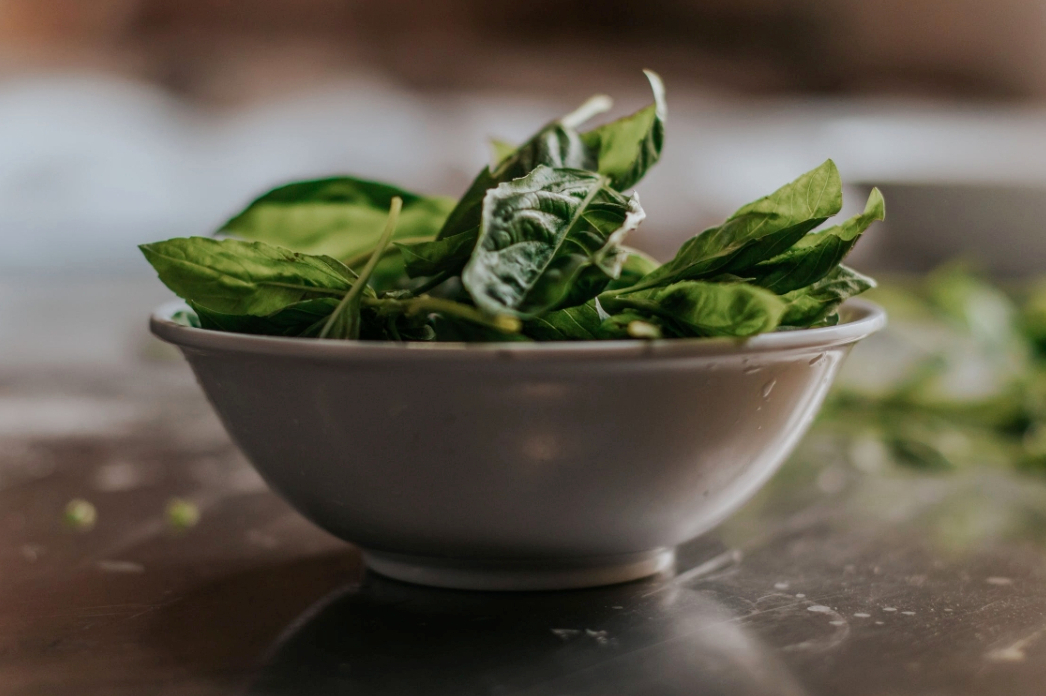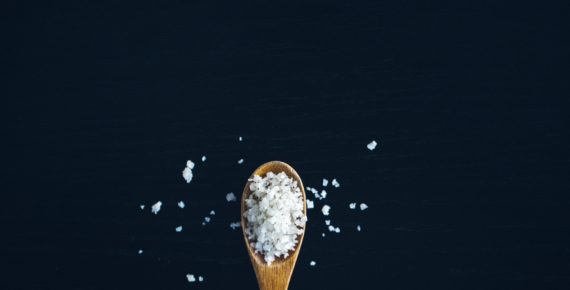
It’s one of life’s unfortunately grim statistics: there are more than 30,000 out of hospital cardiac arrests in the UK each year. Without rapid treatment using CPR and a defibrillator, chances of survival are slim. To decrease the risk of sudden cardiac arrest and heart disease, a healthy heart is essential. A balanced diet consisting mainly of non-processed foods can do wonders for your heart’s ability to do its job.
Just like the mineral potassium, magnesium serves a vital purpose when it comes to a healthy, functioning heart. It’s important to get enough of it in your diet. But why? And where do we even get it from?
At healthy levels, magnesium plays a vital role in hundreds of biochemical reactions throughout our body. When it comes to the heart, magnesium is key to keeping a healthy rhythm. This is because it’s an electrolyte. Electrolytes are an integral part of the process for both sending nerve signals and making muscles contract.
Magnesium deficiencies are predicted to affect around 800,000 people in the UK. This is concerning when low levels of magnesium put individuals at greater risk of sudden cardiac arrest. This is caused by a malfunction in the heart’s electrical system and stops the heart pumping.
For adults, the recommended daily allowance for magnesium is around 420mg for men and 320mg for women. To solve the widespread deficiencies of magnesium, we all need to eat more of the following foods that are packed with natural magnesium.
So how do we increase the amount of magnesium in our diets? Here are a few foods that can help:
Nuts
When it comes to these nutritious and tasty snacks, almonds, cashews and Brazil nuts are king for magnesium content. With just 28g of cashew nuts, you’ll be getting around 20% of your RDI. They’re super easy to add into your diet and can be scattered over salads, used in various sauces, or eaten as a healthy snack.
Plus, these nuts aren’t just good for your heart. They have anti-inflammatory properties and are a great source of fibre.
Bananas
With high levels of magnesium and potassium, bananas are a powerful fruit to help you regulate and maintain a healthy heart rhythm. One large banana contains 9% of your RDI for magnesium.
Leafy greens
Sadly, most of us don’t get enough leafy greens in our diet. This is a shame considering how packed they are with nutrients and cancer-fighting properties. Kale and spinach have some of the highest levels of magnesium – a big handful of spinach has around 39% of your RDI.
With more magnesium in your diet, you’ll decrease your risk of sudden cardiac arrest and keep your body ticking. Your health and wellbeing are of the utmost importance – if you look after your body, it’ll look after you.
No matter how well you look after your heart, sudden cardiac arrest can still strike at any time. When that happens, you’ll want a defibrillator by your side. Investing in just one for your organisation can mean the difference between life and death. Whether you would prefer to lease or buy our products, get in touch today on 0333 050 6649 to find out how we can help you.

A defibrillator might not seem like essential office equipment. But in an emergency, they could be the difference between life and death. Due to the growing awareness of the danger of sudden cardiac
Read More
We associate heart problems with poor lifestyle choices – unhealthy diet, lack of exercise, chronic stress – that sort of thing. However, science paints a more complex picture of heart health. Genetics also
Read More
Sudden cardiac arrests (SCAs) are like electrical malfunctions. They happen when the signal to your heart stops. As a result, the heart can’t pump blood to the brain and many fall unconscious. There
Read More
Pumping essential supplies, like blood and oxygen, to our bodies every second of every day for our entire lives is no easy task. That’s exactly what our heart does. For all their hard
Read More